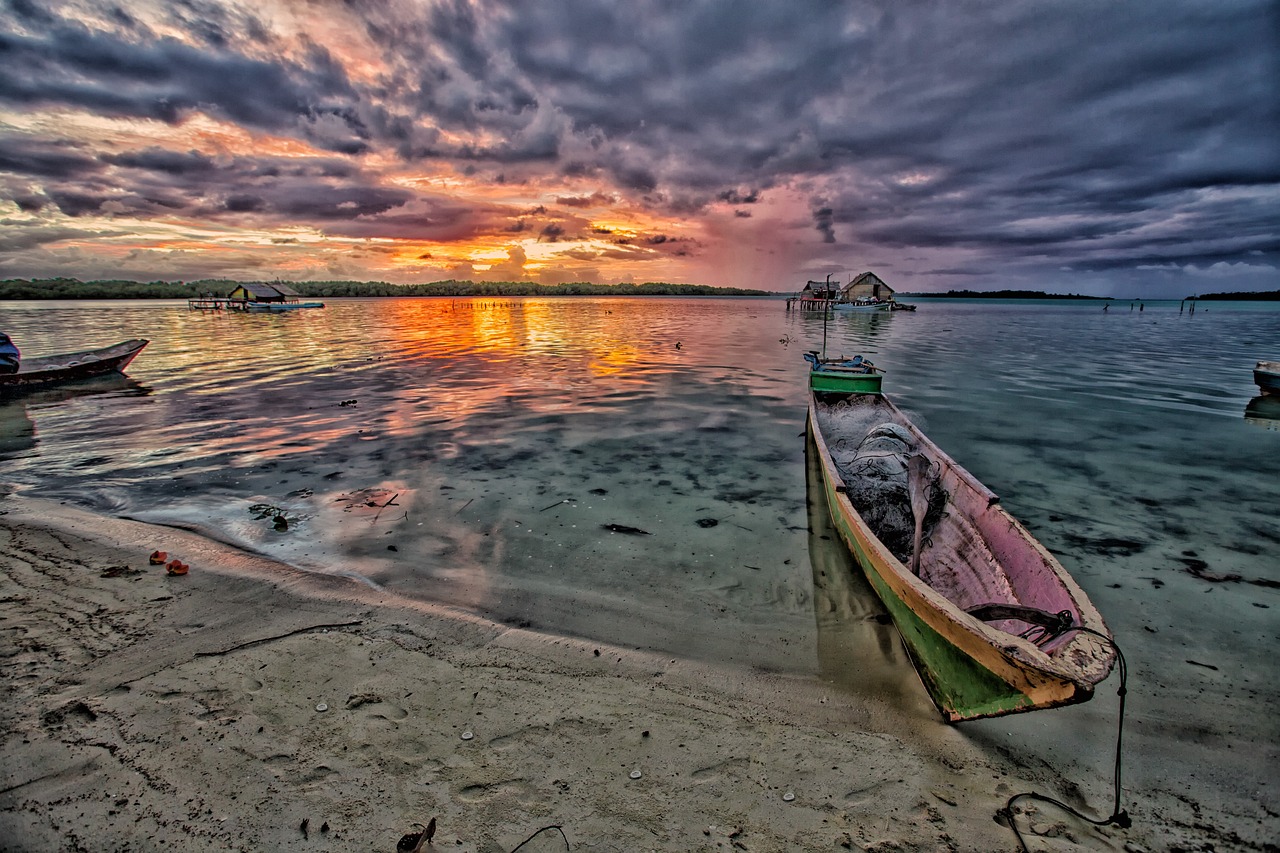Cara discovered a man taking a bath in our fish lagoon one morning. She watched him a while, maybe giving him a chance to clean himself up, and then she went over there with the axe in her hand.
I looked on from the kitchen window. When she drew near, the man stood up out of the water and even from so far away I saw that his body was covered in welts or scars. His beard hung halfway down his thin chest.
Cara stood at the river’s edge, axe tilted over her shoulder while the man gestured and pointed at something on the far bank, up near the tracks.
Cara nodded. Was she laughing?
Don’t do it, I said. Don’t bring him over here.
But she did. It was probably the fastest way to get him out of the lagoon. That or toss the axe into him and let him float off down the river. But then she’d lose the axe.
He swam over to the opposite bank, his arms slicing through the water, then swam back, one-armed, holding a knapsack on his head. I set another plate on the table.
Turned out he was someone from before. Name was Bob—and it had been a while since I’d heard of anyone like that. I’d thought all the Bobs had died out.
Good name for a man found floating in our lagoon, I said.
Dan knew him too. Or had known him.
Wasn’t much left of the old Bob, he claimed. This new Bob was like a weird, scorched, twisted up version of the old Bob.
Against my will they told me how funny Bob had been back in the old days, how amusing. I didn’t want to hear these things. I didn’t want to know that Bob used to organize parties on his land. He’d invite everybody over and they would play music late into the night, getting drunk on the wine Bob himself made, the beer Bob himself brewed. They kept the bottles in a cool stream that cut through Bob’s land. Every summer Bob would build a fire pit and roast some lambs and suckling pigs in the coals. At midnight they would light off fireworks.
Everyone was happy, said Cara.
I couldn’t believe what I was hearing. Happy!
Toward the end of the night they would pair off in their tents, or some might stay up till morning and on into the next night. The party went on for several days. Sometimes a whole week. Bob’s parties were famous.
I hated parties, I said, and fireworks were boring.
That’s true, said Cara, fireworks were always boring, but an accident livened things up. Once a man blew his fingers off. In those days that was something!
I thought of the scars all over Bob’s torso and knew it was only a matter of time before they forced that merry tale down my throat too. Everybody, even Cara, delighted in telling these gruesome horror stories—hangings and decapitations, old men flogged in public while children looked on, laughing. They savored the details, the humiliations, as though they fed some hunger I didn’t know about.
The main problem with Bob, though, was that he wouldn’t stop staring at my face. I knew people were going to look—for even amongst the desperate I stood out—but I wasn’t used to being stared at. I kept to myself. Cara saw me every day and Dan was either too drunk or too exhausted to care, but Bob was fascinated. What happened to you? he whispered. Who did that?
Cara laughed and told Bob to shut up. If he wouldn’t shut up, she’d make him scrape the chickenshit out of the shed. Cara had always known how to deal with men. Even the worst ones were wary of her—whether they knew it or not.
One morning, a week after Bob turned up in our lagoon, he came in from the motorcycle shed, which is where he had been sleeping, and backed me against the kitchen table and held my face between his hands. What happened to you? he said. What is this? I glared at his forehead, not daring to look at his eyes. I didn’t want to see what was in them. I didn’t want to know this man. How had there ever been a time when he had made his own wine and invited half the county over for a feast on his land? How had a man like this ever roasted suckling pigs in his fire pit?
He touched my face with his fingertips, gently tracing the contours of my deformity. What is this? he whispered. Who did this to you?
The horror I expected to feel did not come. Maybe I was shocked numb but I was not afraid of him. He was not dangerous. No more than Dan or Cara. Or myself, when it came down to it. I was shocked at his light touch, the gentle way he stroked my face. It was almost as if he were trying to heal me—but I did not want his concern.
When he touched my lower lip I bit his finger and he screamed. A minute later Cara came in. She shook her head. You bit Bob, she said, laughing.
Was there any horrible thing on Earth which this woman did not have the wherewithal to laugh at?
That evening, tending to the garden, I saw Bob swimming back to the other side of the river with his knapsack on his head. When he stepped out of the water he was naked, and his body was lean, almost skeletal. He stood there a moment, his scars glowing in the red evening light.
Without stopping to pull on his raggedy old shirt and trousers, Bob shouldered his knapsack and set off along the railway tracks in the direction of town.
